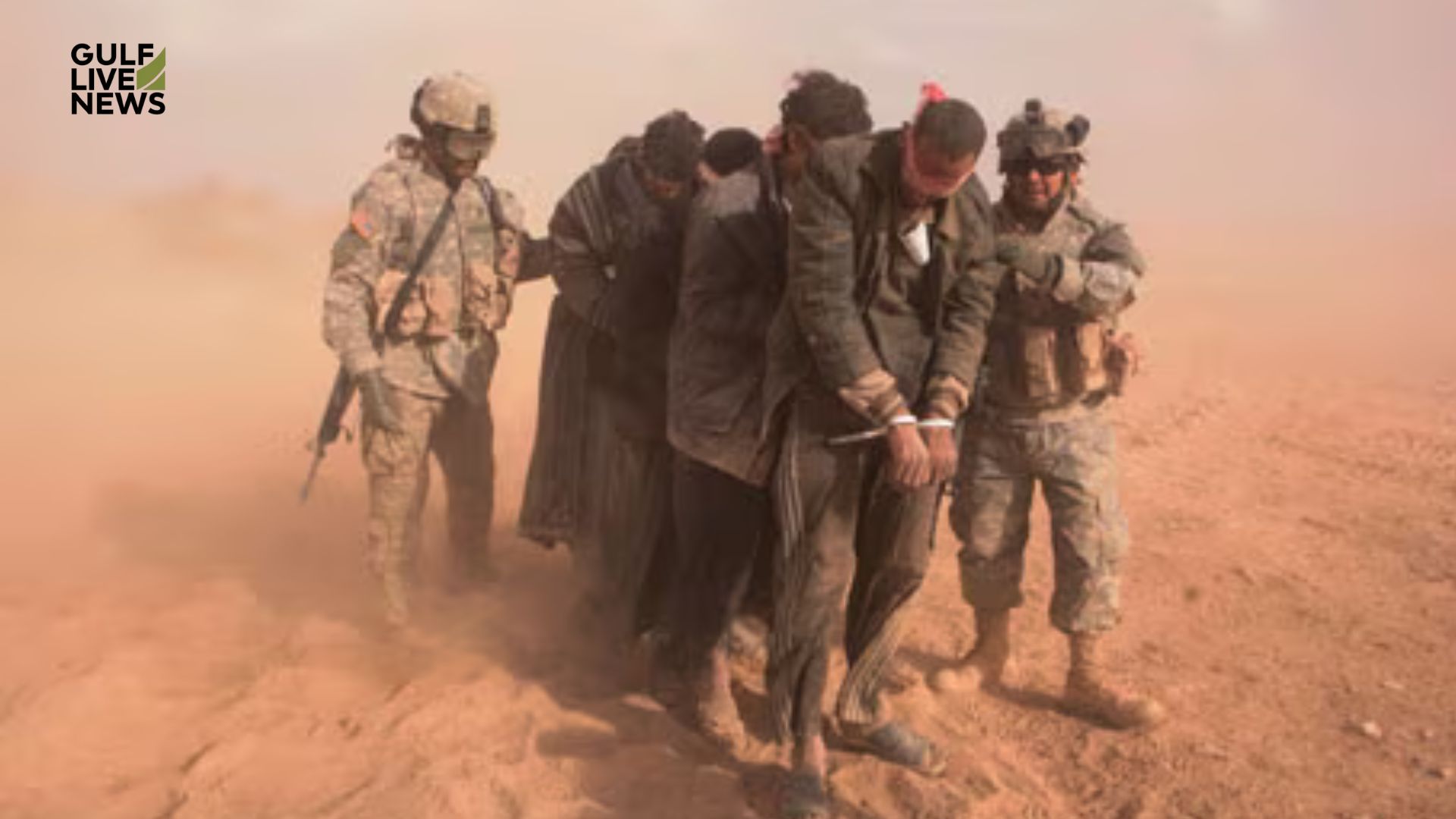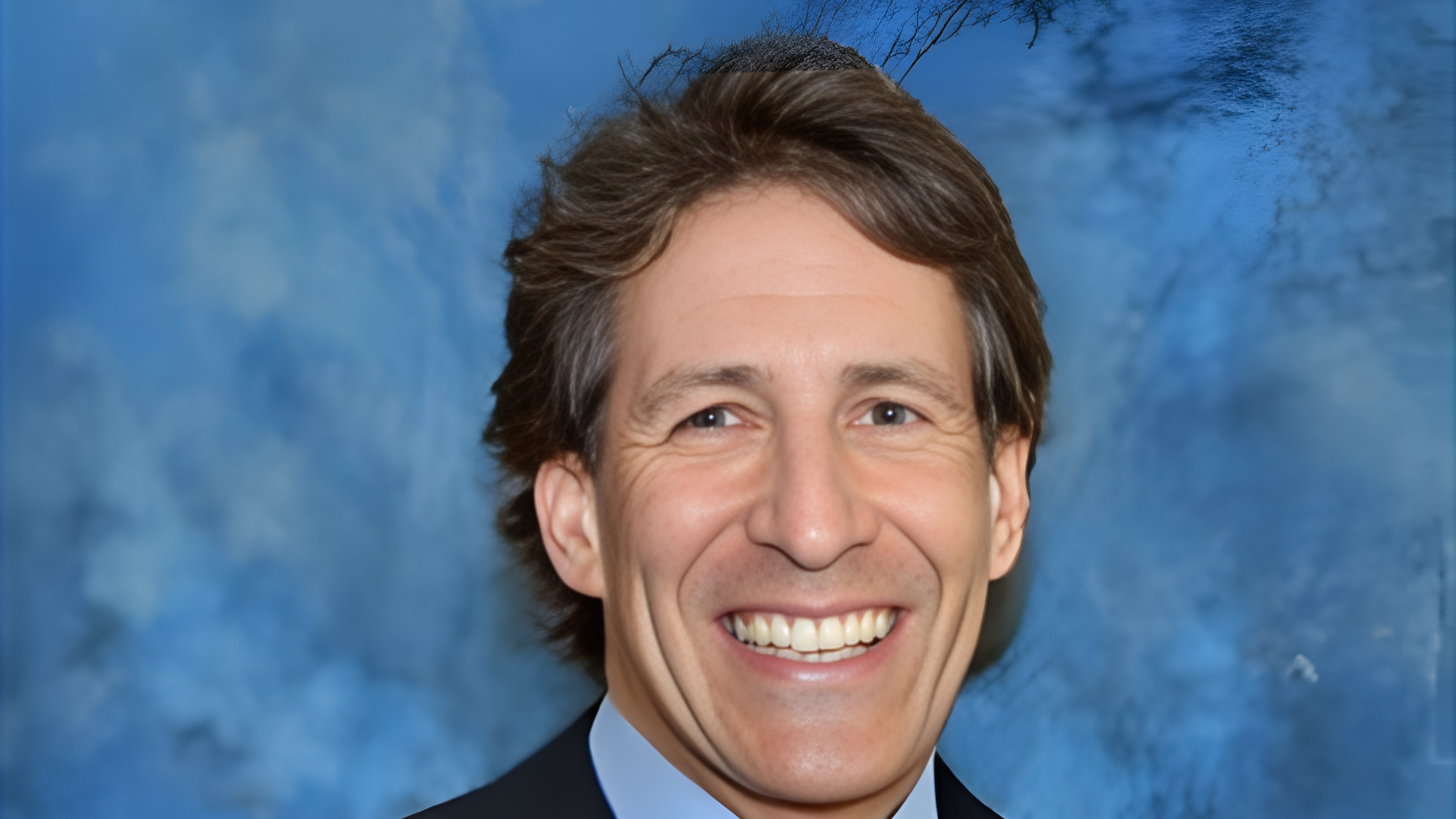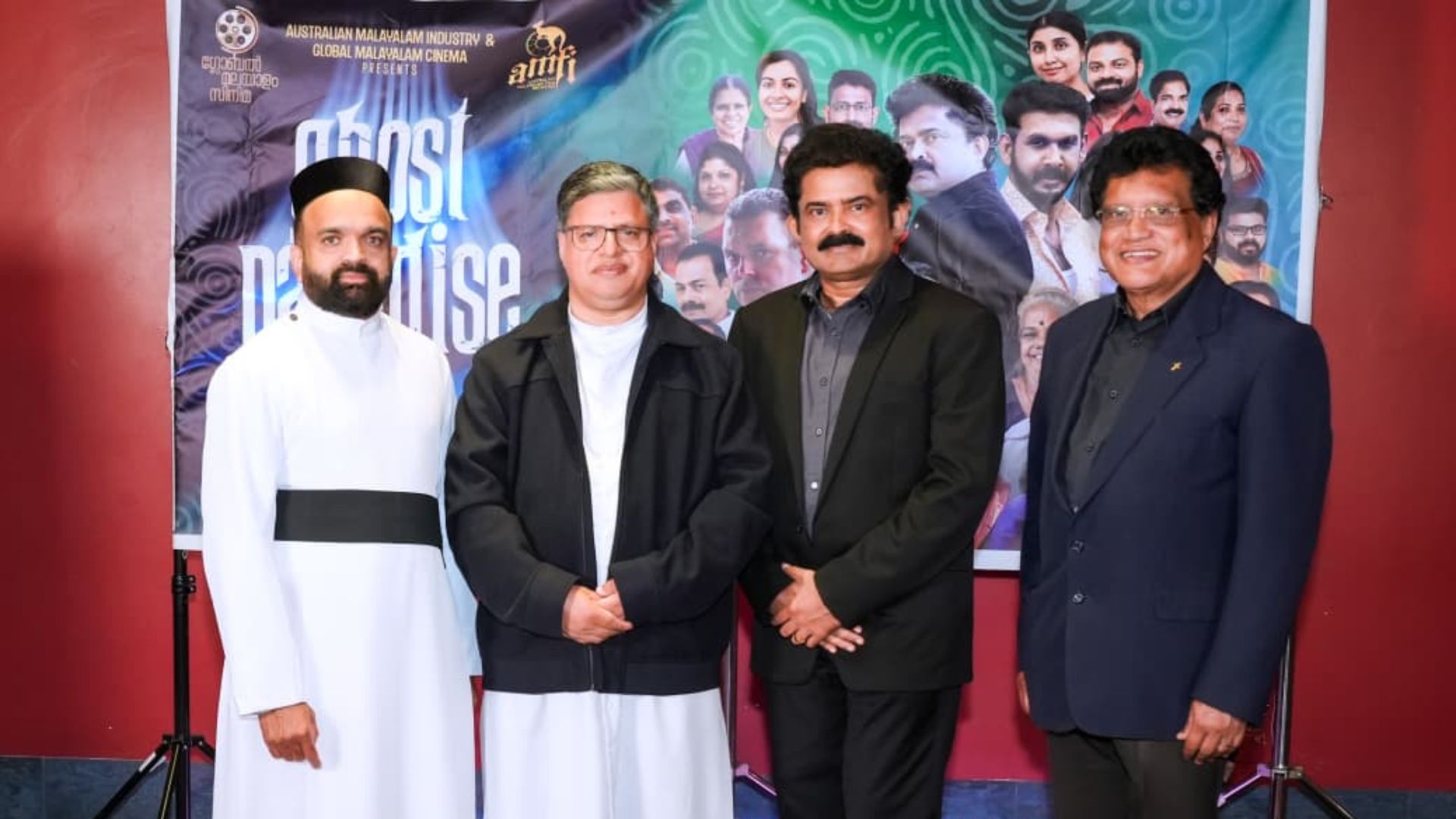Human rights organizations are voicing urgent concerns about the treatment of prisoners in Iraq. They are calling for immediate action to end secret executions and the reported torture of death row inmates. The statement comes from several rights groups and activists. They are alarmed by the increasing use of the death penalty in cases related to terrorism. Many of these cases reportedly rely on confessions obtained through torture and are tried without basic legal protections.
Flawed Trials and Coerced Confessions
In recent years, Iraqi courts have ordered hundreds of executions linked to terrorism. However, rights groups argue that the trials are often flawed. They highlight the widespread use of coerced confessions. Many trials lack fair procedures and due process. This creates a situation where innocent individuals may receive death sentences due to unfair practices.
The joint statement condemns these secret executions. It also calls for immediate investigations into unlawful executions and suspicious deaths in detention. The rights groups demand that all prisoners, especially those at Nasiriyah prison, be treated with dignity and respect.
Conditions at Al-Hut Prison
Nasiriyah prison, often referred to as “Al-Hut” (meaning “the whale”), has raised significant concerns among human rights advocates. Reports indicate that conditions there are extremely poor. Many prisoners reportedly enter the facility and never leave alive. Human Rights Watch has accused Iraqi authorities of ramping up unlawful executions in 2024. They are urging a moratorium on executions. Rights groups want to halt all pending death sentences as well. Currently, about 8,000 people are on death row in Iraq.
Disturbing Reports of Abuse
Human rights organizations have highlighted troubling conditions in Iraqi prisons. They report that prisoners are often underfed and given expired food. The living conditions are described as unsanitary. Inmates reportedly have access to undrinkable water. Diseases such as tuberculosis are spreading, raising further alarms about the health and safety of those incarcerated. Advocates are calling for improved healthcare for prisoners. They emphasize that many inmates suffer from preventable health issues that remain unaddressed.
Lawyer Advocates for the Wrongfully Convicted
Olfa Ouled, a French lawyer, has been advocating for Iraqi nationals on death row. She emphasizes that many of her clients were convicted after being tortured and subjected to summary trials. Ouled argues that these individuals are innocent and should be released immediately. She believes that rectifying these wrongful convictions would not only serve justice for those wrongfully sentenced but also provide accountability for the real perpetrators who remain at large.
Rising Instances of Secret Executions
Independent monitoring group AFAD has also reported alarming statistics regarding executions in Iraq. In September alone, around 50 people were executed. Most of these executions were for terrorism-related charges. AFAD has criticized the surge in secret executions. They highlighted 63 cases that occurred without any prior announcement. This trend of undisclosed executions has led to widespread international condemnation. Observers argue that these practices undermine the rule of law and threaten the fundamental rights of individuals facing execution in Iraq.
A Call for Reforms in Iraq’s Justice System
The recent statements from human rights organizations highlight a crucial need for reforms in Iraq’s criminal justice system. They argue that it is essential to address the misuse of the death penalty. There is also a pressing need to improve the treatment of prisoners. Transparency in the legal process is vital to ensure that all individuals receive a fair trial.
In conclusion, the joint statement from rights groups serves as a clarion call for immediate and effective action by Iraqi authorities. Ending secret executions and prisoner abuse is essential to uphold human rights in Iraq. As the situation continues to develop, the hope remains that the voices of those advocating for justice will lead to meaningful reforms. The path to addressing these human rights concerns is critical not only for those currently facing the death penalty but also for the integrity of the Iraqi judicial system as a whole.





